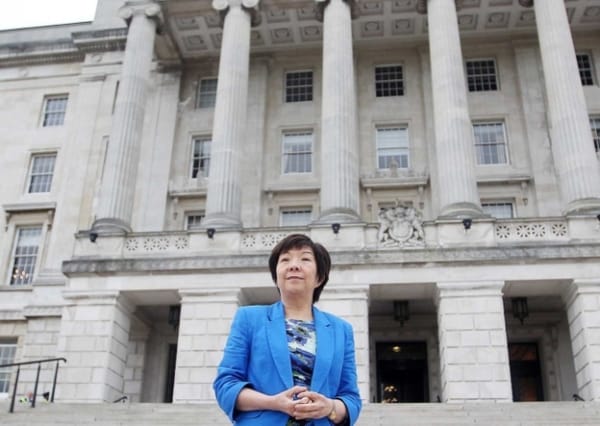Higher Education Fees Debate - Tuition Fees
So, I am the poor schmuck who has to try to sell Tuition fees to the people already most disenfranchised with them. It’s my job to tell you all why running up a debt of £9000 per year on tuition fees (alongside other costs) is the best idea out there…
So, I am the poor schmuck who has to try to sell Tuition fees to the people already most disenfranchised with them. It’s my job to tell you all why running up a debt of £9000 per year on tuition fees (alongside other costs) is the best idea out there… oh, and I get 750 words to make that sale, 60 of which I’ve already used. So, it’s a good day to be me. That said, as I look at it more it seems more and more of a sensible standpoint. Why? Well let’s see.
I don’t think anyone would really disagree that free University education for anyone is a laudable goal, that would be brilliant, but it’s not a viable or even vaguely realistic standpoint. The fact is someone always pays. ‘Free’ education really just means that the taxpayer foots the bill. I think this is obviously unfair for a number of reasons; for one that’s a huge extra expense to the tax payer, approximately £12 billion1 per year which isn’t affordable. Secondly, I don’t think University is like healthcare: we all contribute so that everyone can receive it, but it is never likely that everyone will get a University education; even if it were, that would vastly increase the cost. I honestly believe that until such time as free university education puts no material pressure on the nations finances all students should be required to contribute something to an optional education that adds an estimated lifetime value on the order of £200,0002. I think that seems fair.
But why tuition fees? A graduate tax is just as good a method at avoiding asking the tax payer to shell out for our degrees isn’t it? And if you have that system you never feel quite like you have the £9000 per year debt albatross (as it currently stands) around your neck. That must be a good thing, surely. Except that the level you have to pay back over the years after University is the same or more; you do still have that debt in every way that matters, and yet the system encourages you to act like you don’t. Can anyone else think of an example where ignoring spiralling debt has been an issue? Perhaps that’s overly pessimistic, but a graduate tax also completely divides society into graduates and non-graduates until retirement. Tuition fees don’t do that in nearly so profound a fashion. Equally, tuition fees offer a lot more freedom: want to pay them yourself rather than get a loan? It’s much easier than if there’s a graduate tax. Also, loans are regulated (perhaps not well, but they are) and there is only so much that can be done to force you to accept a higher rate of interest or change payment terms. A lot of those barriers are removed with a graduate tax. If it were set at 9% and the government decided they wanted 10% instead, or 20, or 30%? Then what’s to stop them applying that to people already committed to paying the tax? I can think of only two things: the opposition and elections. I’m not sure either is one I’d want to bet my financial future on. A friend of mine also pointed out, that to some extent a graduate tax means the government owns 9% of you… which is a vaguely terrifying thought.
So I think that tuition fees are the most sensible of the three proposed ideas by some margin. They are fairer to the general public, they are more flexible than other payment options and more regulated and secure and while many of us have not enjoyed paying them, whatever scheme we’ve dealt with, they have not had a notable effect on overall university applications. So why risk moving to a system that could?
There is also a broader argument to be had here about how the funding model affects the education we receive. Tuition fees are the only model where students choose which university gets what money. Your fees are paid directly to them. Both the graduate tax and the free models pay a set amount to each university for a certain number of places each year. So tuition fees are the only proposed way to inspire competition and guarantee that universities have to prove they give students the best education and experience every single year. And don’t we want to push universities to offer the best education and experience for students? Isn’t that sort of what it’s all about?
1 Based on Higher Education Statistics Agency Estimates of current student numbers
2 Based on BIS research paper 112





